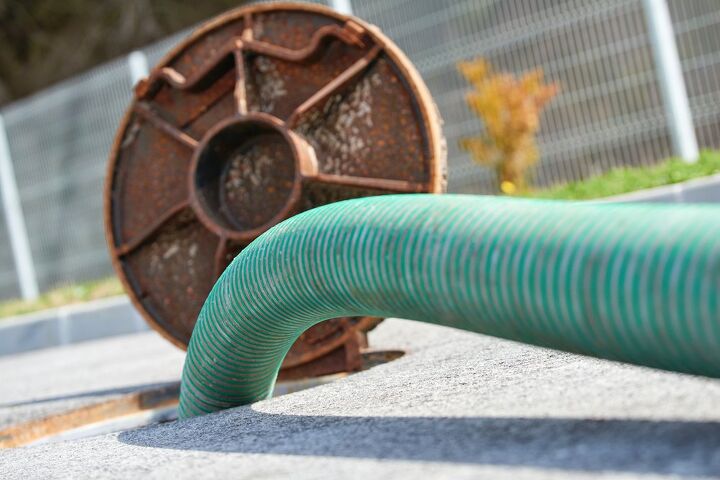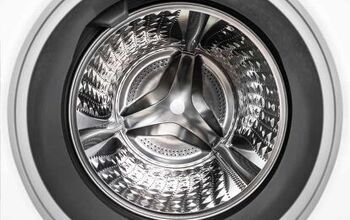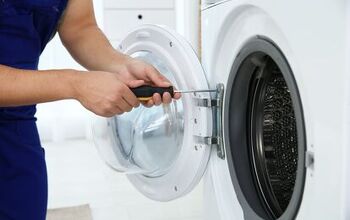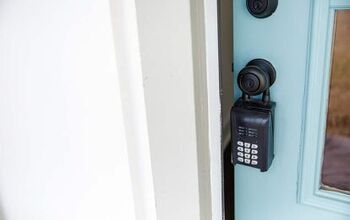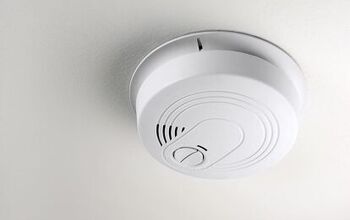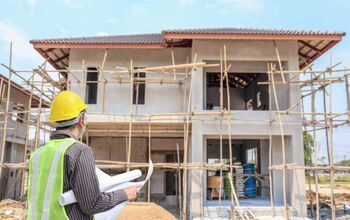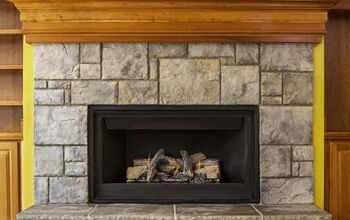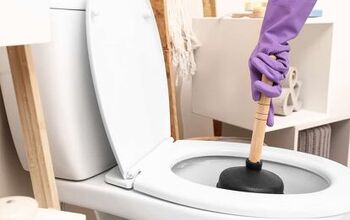House Smells Like Sewer When the Heat Comes On?

When you are feeling chilly and turn to your heating system, you expect warmth and comfort. The last thing anyone wants to experience when the heat kicks on is a terrible smell. Unfortunately, it is not that uncommon for a sewer smell to invade your home with your heating system.
If you are considering upgrading your heating or air conditioning system, get a quote from local contractors in your area here.
If your house smells like sewage when the heat comes on, the likeliest culprits are your furnace, sewage line, or HVAC ductwork. You may need to replace your furnace’s air intake filter or fix a crack in your sewage line or ventilation ducts. Additionally, this smell can happen temporarily the first time you turn on the heat for the season.
Of course, turning off the heat will probably stop this smell for the time being. However, this is not a long-term solution, as you will need to be able to use your heat.
Troubleshooting the Smell
Below are some steps you can take to identify and hopefully fix the problem for good.
Step One: Give It a Minute and See if It Goes Away on its Own
If this is the first time you are using your heat this season, be patient. Over the summer, dust can settle in your vents and around your heating elements. The smell of the dust burning is pretty nasty, but it should not last very long.
You may just need to wait a few minutes to see if the smell will dissipate. You can open windows and ventilate the space to get rid of the smell quicker. However, if the smell persists with continued or future uses of your heating system, continue to the next step.
Step Two: Check and Replace Your Furnace’s Air Intake Filter if Needed
People do not realize how quickly air filters can get dirty and need to be replaced. Most of us do not check our air filters until a nasty smell pops up and reminds us of this maintenance need. Go ahead to your basement and inspect your air intake filter of your furnace.
If the filter is dirty, it may be the culprit of a musty or moldy odor. When the heat turns on, it can also produce a burning smell, and in fact, a dirty filter is a fire hazard. Air intake filters are very inexpensive and easy to replace. Go ahead and replace the air filter, and then see if the odor goes away.
Step Three: Inspect Your Sewer Lines for Cracks or Leaks
While you are in the basement checking out the furnace filter, you can also look at your sewage lines. If there is a crack in your sewage line, it could be emitting wastewater or gasses, like hydrogen sulfide or methane gas. Either way, you would likely be able to tell that the entire basement smells like sewage. Additionally, if there is wastewater seeping into your basement from the sewer line, you would see the leak.
This smell could be making its way over to your furnace air intake area or other ductwork. From here, it would be able to circulate throughout your house anytime you turn the heat on. If this is the cause of your problem, you will need to hire a professional to repair your sewer line immediately. Below is the hourly rate for a professional plumber so you can get a sense of the cost of this repair.
| Professional | Hourly Rate |
| Plumber | $50 – $200 |
Step Four: Inspect Your Ductwork for Cracks, Damage, or Rust Spots
If your sewer line does not have any cracks or damage, you should next turn to look at your HVAC ducts. If there is a crack or break anywhere in your ductwork, it would compromise the whole system. This could be caused by obvious damage or something as small as a little rust.
Either way, any odors in your home would have access through this crack to your whole ventilation system. It is most important to check the ductwork in your basement and attic, where a weird smell is more likely to develop. A sewer smell would definitely be from the basement, as noted above. You could also be smelling mold or something else.
If you see an issue with any of your HVAC ducts, you should plan to hire a professional to fix it. An HVAC technician can complete a quick replacement of the damaged part and restore your ventilation system to working order. However, if you do not see an issue here, the problem could be coming from within the ventilation itself. This is the next step we will talk about.
| Professional | Hourly Rate |
| HVAC Technician | $100 – $150 |
Step Five: Get Your Ductwork Thoroughly Cleaned by a Professional Service
As noted above, it is possible that the smell could be emitting actually from within your ductwork. Unfortunately, it is not uncommon for small insects and rodents to make their way into your ductwork and get stuck. When they die and start to decay, the smell will infest your whole house the second you turn the heat on.
Alternatively, it is also possible for mold to grow inside of your vents and create a musty odor. This is especially common at the beginning of the season when the heat has not been on for a while. If you live in a humid area, moisture can condense in your vents and invite mold.
In either of these cases, you may choose to hire a professional ductwork cleaning company to clean your HVAC system. These services tend to charge per vent. Therefore, the cost depends on the size of your home and will cost an average of $300 to $500 for most homes.
| Air Duct Cleaning Service | Average Cost |
| Per Vent | Around $35 |
| Per House | About $300 to $500 |
Step Six: Getting Rid of the Smell of Sewage from Your Home
If you have an odor that lingers after the cause of the problem is dealt with, try these products. There are a number of great odor busters that you likely already have in your home. Vinegar and baking soda are two great household products that can neutralize odors. Baking soda is naturally odor-free, or you can combine hot water with vinegar to decrease its natural smell.
Coffee grounds and charcoal can also be used to absorb any bad odors. You can leave each of these products out for up to a week. After this, you may want to replace them, try a mixture of products, and continue the process until the smell is gone. For more information, you can read more about the pros and cons of each product as well as how to properly use them in our blog post here.
Sewer Smell Explained By The Grumpy Plumber
Related Questions
Is a sewer smell in my home dangerous to my health?
Yes, even at low levels, exposure to sewage gasses is not healthy. These gasses include methane and hydrogen sulfide. Exposure to sewage smells can have a range of negative health effects. These symptoms may include irritability, fatigue, headaches, and dizziness. Over a longer period of time, you could develop bronchitis, pink eye, pneumonia, and more health problems.
Why am I smelling a sewer odor coming from the pipes in my house?
The drainage pipes in your home most likely have what are called “p traps.” P traps are supposed to prevent odors from re-entering your home. They do this by maintaining a constant level of water so gasses have no path to return to your home from your sewage system. However, if there is a leak in your p trap or if it dries out from lack of usage, it will stop working. At this point, the gasses from your sewage will be able to travel all the way back up the pipe.Unfortunately, a dried-out p trap will not prevent them from entering your home. You can check your p traps under your sinks to make sure they are not leaking. If you have been out of the house for a while, you can run the water for a minute to make sure they are not dry. If these do not work, you should plan to hire a plumber to come and inspect your home’s plumbing and sewage systems.
UpgradedHome participates in affiliate programs. When you purchase through our links, we may earn a commission.

Benjamin is a freelance writer and graphic designer. He is passionate about DIY projects and finding creative ways to upcycle things headed for the landfill. Based in Oakland, CA, Benjamin enjoys playing guitar and gardening.
More by Benjamin Panico



